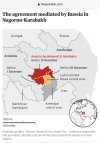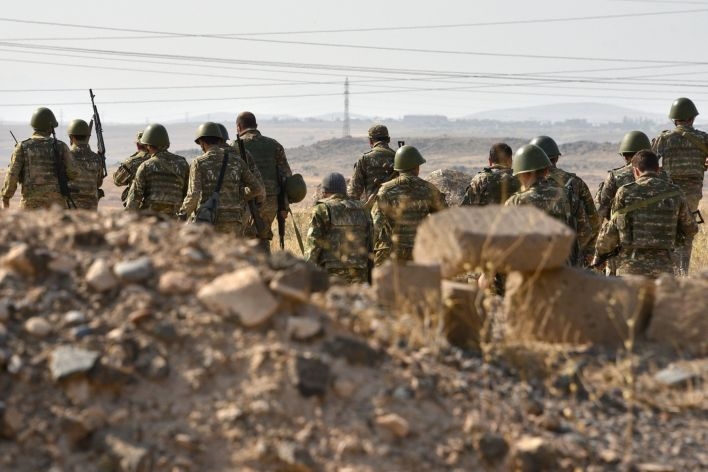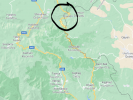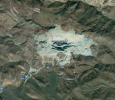The renewed war between Azerbaijan and Armenia over the Nagoro-Karabakh region has captured the attention of military strategists worldwide, including the United States, because of the degree to which drones have changed the battlefield. While the wide-open, rugged terrain of the region has played a role, Turkish- and Israeli-built remotely piloted vehicles are dominating the battlefield, causing strategists to
think a lot about land-battle tactics—and about
the value of tanks in the 21st century.
Azerbaijan has been using a number of weapons systems from both Turkey and Israel, including the Israeli Harop (seen in this
Azerbaijani pop music video) and Orbiter-1k drones. Both are "loitering munitions"—i.e., drones that carry warheads and crash into their targets.
But the star of many of Azerbaijan's drone snuff films is Turkey's Bayraktar TB2 unmanned combat air vehicle, Turkey's counterpart to the General Atomics Reaper used by the United States. The TB2 carries the UMTAS antitank missile—a Turkish equivalent to the Hellfire—as well as laser-guided missiles, rockets, and mini-smartbombs. And it can be used to designate targets for Turkish aircraft
The TB2 has been deployed repeatedly in Libya and Syria, and it foiled Russian-backed groups' ambitions in both places. And Turkey has sold the TB2 to Qatar and Ukraine, as well as Azerbaijan. The drones have been the primary cause of heavy losses to the Armenian side, including nearly 70 tanks, 24 armored personnel carriers, 17 air defense systems, over 72 trucks, and a total of at least 50 artillery and multiple launch rocket systems, based on
data tabulated by the threat intelligence consulting firm Treadstone 71.








